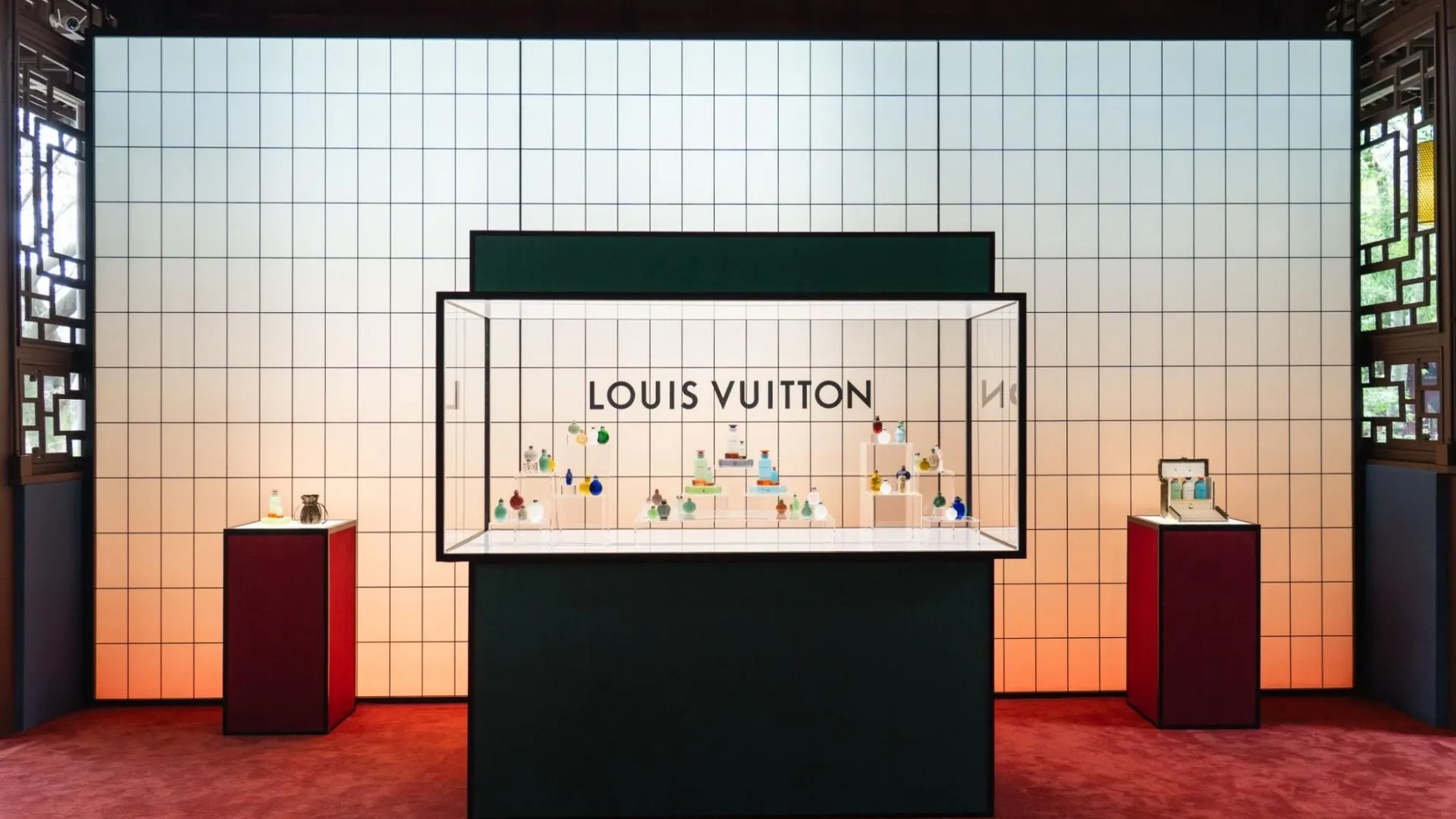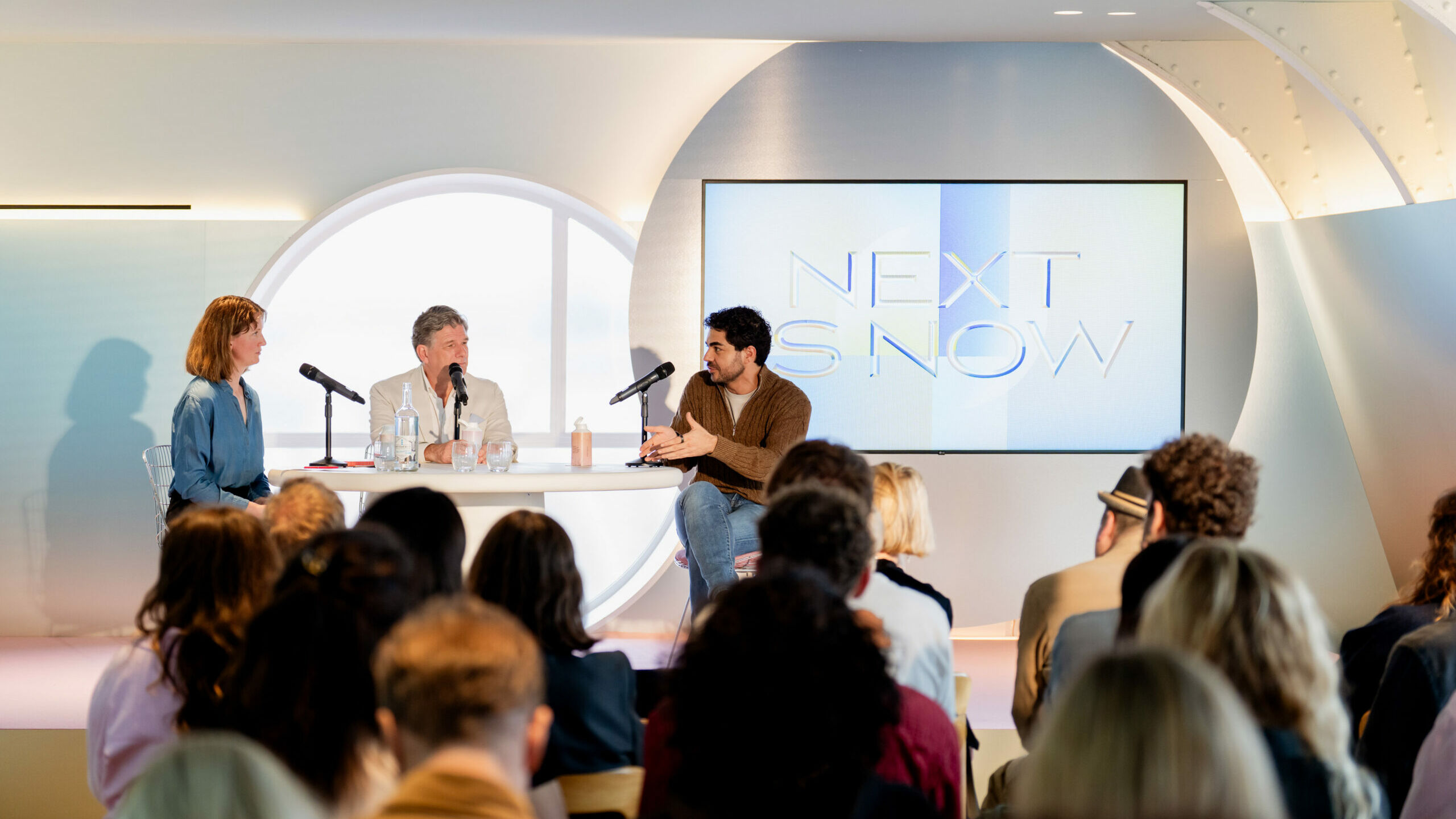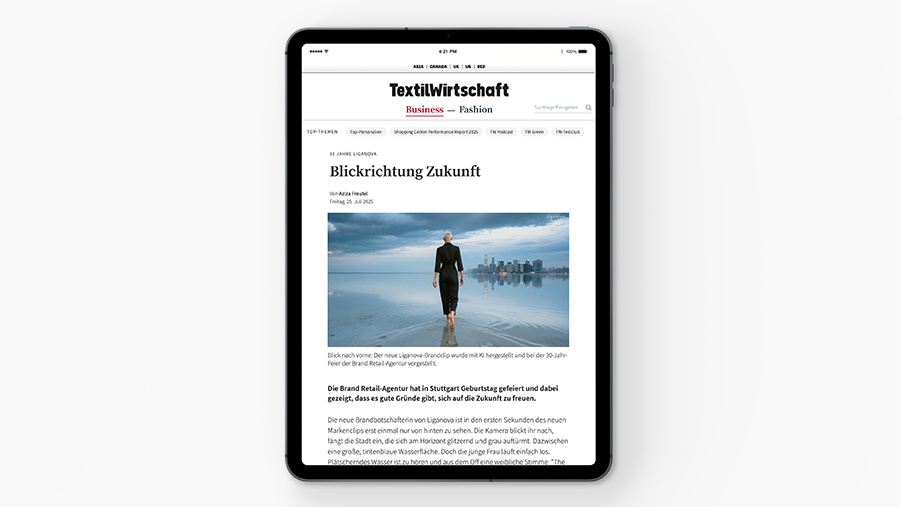
2024 marked a turning point for the global luxury industry. For the first time since the financial crisis, industry giants such as LVMH and Kering also found themselves in turmoil. But the real narrative behind this market dynamic is not crisis, but rather a fundamental reorientation. Luxury, once synonymous with exclusivity and logo worship, is becoming a testing ground for the brand management of tomorrow.
The Experience Imperative: How experiential brand cultures are redefining the future of luxury
What we are observing is a paradigm shift: after years in which scaling, speed, and excess in all things shaped development, there is a growing desire for resonance, meaning, and special experiences that truly linger in the memory—physically, digitally, and through the connection of both worlds. Globally enlightened consumers are increasingly unimpressed by mere status symbols or artificial staging. They demand genuine encounters, closeness, and authenticity. The key question for brands is no longer “How many touchpoints do I offer?” but “How do I create meaningful moments that last?”
This is where the new era of brand experience comes in. The successful players in the luxury segment—and beyond—will be those who consistently place tangible, emotionally charged experiences at the heart of their brand management. Instead of relying on pure product staging or loud digital effects, today’s focus is on holistic staging and tangible cultural experiences: from curated pop-up galleries and discreet, exclusive studio visits to community activities that bring craftsmanship and values back to life.
Looking at the luxury sector, Prada, Louis Vuitton, and Valentino have already impressively demonstrated this year that experiential activations are not just nice gimmicks, but central brand strategies that are implemented in an immersive, multisensory, and strategically localized manner. Prada Mode Abu Dhabi turned the traditional pop-up concept on its head, blurring the lines between art installation, cultural salon, and members-only club. Merchandise shelves were replaced by conversations, live performances, and food and drink. The dual architecture of the installation—a circular inner chamber and a square outer arena—physically embodied Prada’s ethos of tension between intimacy and exposure. For two days, the pop-up space was exclusively accessible to invited guests, and for two additional days to the public, creating a harmonious balance between exclusivity and inclusion. Instead of promoting direct sales, Prada invested in cultural capital – which translates into long-term appeal and intangible brand value. In a world where luxury buyers are increasingly focused on meaning rather than materiality, this is a powerful move.
Louis Vuitton’s pop-up store “Chengdu Chill” went one step further and transformed a printed object—the city guide “City Guide: Chengdu Edition”—into a living environment: tea ceremonies, workshops on bamboo weaving and calligraphy, and musical performances combined French savoir-faire with the soul of Sichuan. At the same time, a trio of fragrances called “Journey to China” was introduced in the pop-up store. The results speak for themselves: over 1 million social media interactions under the campaign hashtag prove that a luxury activation rooted in local authenticity can generate global reach. It is a blueprint for how brands can connect content, culture, and community – especially in markets where younger audiences value participation more than ownership.
Valentino invited guests to his “Pavillon des Folies” in Dubai, a private villa that had been transformed into a surreal amusement park. Guests could open “mysterious doors,” sip a milky-white elixir at the bar, and take part in spontaneous karaoke sessions surrounded by the new spring/summer collection. Each room became a tangible facet of the brand philosophy – playful, unpredictable, irresistibly photogenic. It was neither a store nor an event, but an immersive story in which guests were both audience and actors. The experience transformed visitors into content creators and ensured that the event lived on in social networks long after the doors closed.
Marketing managers in all industries can learn from this example. The luxury segment is merely the pioneer of what will become relevant in the future: authenticity, experiences, and community. It’s about building genuine relationships with the truly relevant target groups – in real life and in real time.
Firstly, speed alone is no longer enough. In saturated markets, it is not the loudest who dominates, but the most emotional and approachable. Secondly, differentiation comes from tangible brand worlds and unique experiences, not from the product or price. The flagship store, the community event, the digital live format – these are becoming the real value drivers and creating lasting customer loyalty. Thirdly, community is the new luxury. Where exclusive invitations used to count, today it is shared experiences that create a sense of belonging and loyalty – both online and offline.
For brands in all categories, whether B2B or B2C, this means that every touchpoint, from the studio to the digital space, becomes a stage for authentic, memorable experiences. Creative digital formats and the clever combination of physical and digital presence are not optional extras, but strategic prerequisites.
The current challenge is not a crisis for luxury, but the start of a new era of brand experiences. Luxury brands that are leading the way in this transformation are providing the blueprint: they are creating sustainable, emotional brand cultures that can serve as models for all industries. From pure selling to curating and bringing people together. Those who consistently embrace this transformation are not only prepared for the “luxury market” of the future, but also set the standards for successful brand building in the age of connected and discerning consumers.
In doing so, brands that have the courage to embrace genuine innovation in brand experience management today are positioning themselves as the pacemakers of their industries and shaping the enthusiasm of a new generation of customers worldwide.
Any questions? Email us








